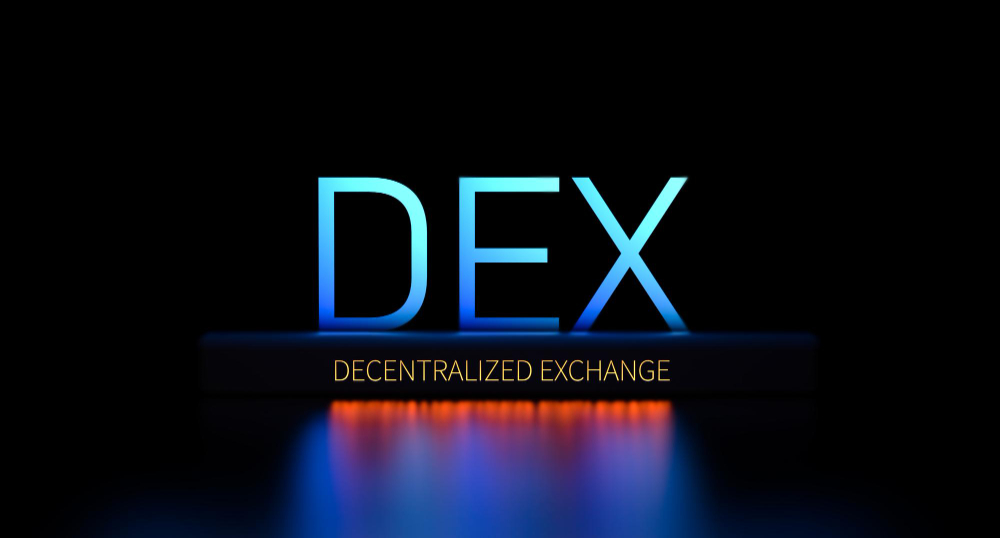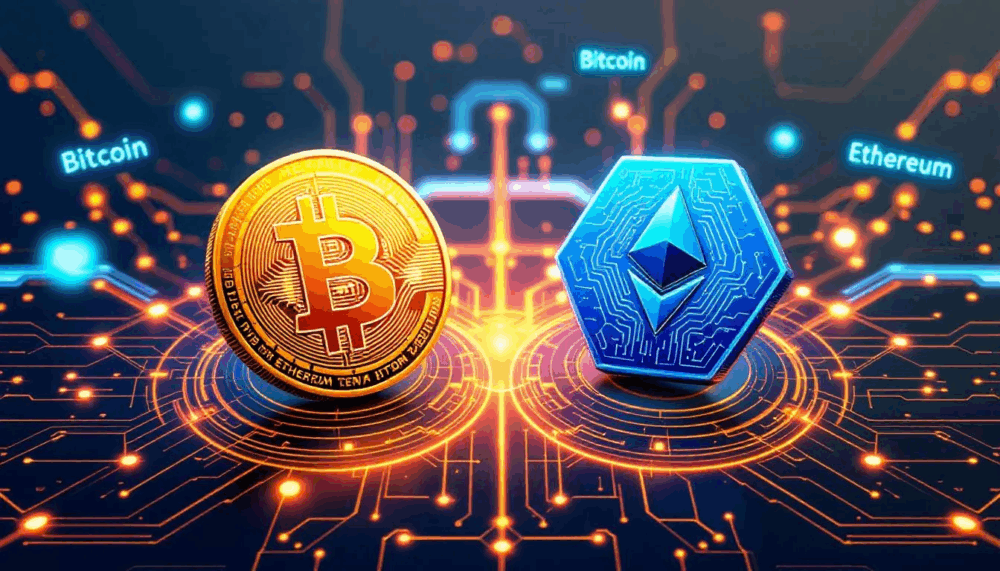Welcome to the ever-evolving world of cryptocurrencies! One term that you’ve probably heard thrown around is “decentralised exchange (DEX).” But what exactly does it mean? Let’s dive deep into the concept.
The Basics of a Decentralised Exchange
A decentralised exchange, often abbreviated as DEX, is a platform that operates without a central authority. It allows for direct peer-to-peer transactions, all of which are facilitated through automated processes.
Traditional Exchange vs. Decentralised Exchange
The Role of Central Authority
In a traditional exchange, a central authority like a bank or a financial institution facilitates transactions. On the other hand, in a DEX, technology—specifically blockchain technology—replaces this central authority.
Security Aspects
Traditional exchanges are prime targets for hackers due to the large volume of assets they hold. A DEX, however, disperses funds across many different points, making them less susceptible to large-scale attacks.
The Mechanics of a Decentralised Exchange
Blockchain and Smart Contracts
A DEX operates on blockchain technology, utilizing smart contracts to facilitate and verify transactions. The role of smart contracts is like that of a trustworthy friend who holds onto your money during a bet—you know they won’t run away with your funds because they’re trustworthy.
The Process of a Trade
When two parties agree on a trade, they send their assets to a smart contract. Once the smart contract verifies that everything is as agreed, it simultaneously executes the trade, sending each party the assets they’re due.
Advantages of a Decentralised Exchange
Control over Funds
In a DEX, you have complete control over your funds. There’s no need to trust a third party with your assets, reducing the risk of loss due to fraud or insolvency.
Privacy and Anonymity
DEXs typically require less personal information than traditional exchanges. This can provide users with a greater level of privacy and anonymity.
Open and Transparent
With transactions being recorded on the blockchain, DEXs offer a level of transparency that traditional exchanges cannot.
Risks of a Decentralised Exchange
Technical Complexity
The technical nature of DEXs can be a barrier for some users. It requires a certain level of knowledge and understanding of blockchain technology.
Smart Contract Vulnerabilities
While smart contracts are generally secure, they’re not entirely foolproof. If a smart contract has a vulnerability, it could be exploited, leading to significant losses.
Conclusion
Decentralised exchanges represent a significant step towards a future where financial transactions are more transparent, secure, and equitable. While there are certain risks and challenges, their potential is undeniable.
FAQs
What is a decentralised exchange?
A decentralised exchange (DEX) is a platform that allows for peer-to-peer transactions with no central authority.
How does a DEX differ from a traditional exchange?
A DEX operates on blockchain technology and uses smart contracts to facilitate transactions, offering more security and transparency than traditional exchanges.
What are the advantages of using a DEX?
DEXs offer several advantages such as complete control over funds, enhanced privacy and anonymity, and a high level of transparency.
Are there any risks in using a DEX?
Yes, the technical complexity and potential vulnerabilities in smart contracts are some risks associated with DEXs.
What is the future of decentralised exchanges?
Despite the challenges, the potential of DEXs is significant. They might pave the way for a new era of financial transactions.








